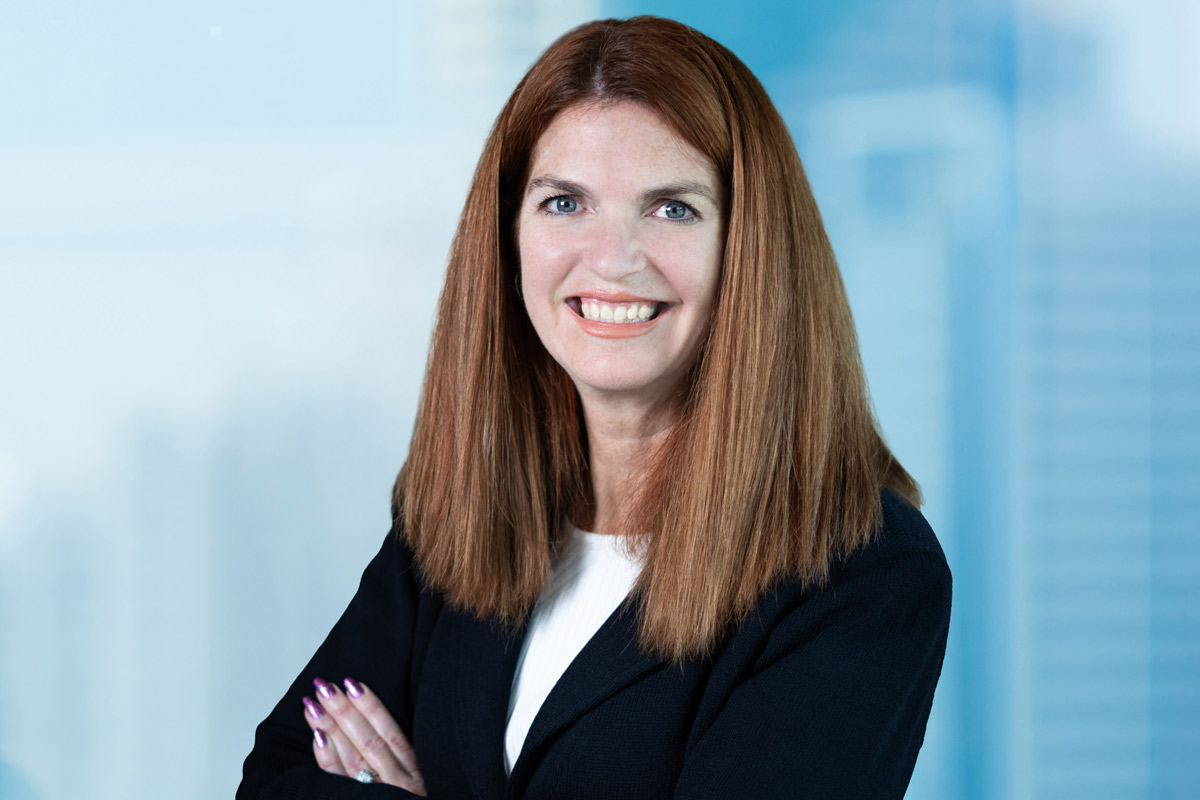The UAE government’s recent decision for the public sector to transition to a 4.5-day work week, with the new weekend on Saturday and Sunday, has been warmly lauded across all sectors. The decision is another example of the national leadership’s disruptive thinking and commitment to well-being as we navigate the pandemic.
It will go a long way to redefine residents’ quality of life and address mental health issues caused by the pandemic. Many private sector organisations in the UAE, including our own firm, have correspondingly announced they will adopt a Monday-to-Friday work week.
The UAE government also announced sweeping changes to its labour laws, introducing flexible working models, in line with the country’s ‘NEXT50’ initiative. The legislation, under ‘Federal Decree-Law No 33 of 2021’, effective from 2 February 2022, aims to govern employment relations in the private sector, with respect to temporary and flexible working hours, part-time and freelance jobs, condensed working hours and shared jobs.
The business case for productivity
The new 4.5-day work week and Saturday-Sunday weekend, in particular, align the UAE with global markets, facilitating smoother transactions for international businesses operating in the UAE or organisations that work with an international clientele. For global companies looking to set up base in the region, the UAE’s new work week may be a real competitive differentiator – making it a more attractive destination than other Gulf Cooperation Council (GCC) nations (which for the moment seem to be keeping Sundays to Thursdays).
The shift to the international weekend reflects the UAE’s ambition to make the positive changes needed to attract more top global talent and companies to its shores, as well as bolster the UAE’s attractiveness to foreign investment. It will align the UAE’s thriving financial sector with global markets and real-time trading, strengthening economic diversification and the non-oil economy.
This transition will require critical readjustment for organisations to find the most suitable working arrangements for their employees and clients across the region. For example, with our firm’s team members delivering on client projects in other geographies adopting new working weeks, our new ‘Hybrid Working: Flex’ policy provides flexibility to everyone to find that personalised arrangement that works for them. With the flexibility to leverage Flex Time, Flex Location, Flex Desk, Flex Break and Flex Working Arrangement options, they can shape their workday while prioritising client work.

This flexibility will also be useful on Fridays for employees who would like to attend afternoon prayers or manage childcare due to the earlier school closings. The Hybrid Working: Flex policy further demonstrates how we bring our firm values to life, working in a way that ensures the best possible deliverables for our clients.
Recognising new societal and economic realities, the new UAE labour laws now also allow employees and employers to take on flexible, temporary or part-time jobs with federal government and public companies. Employees can work for more than one company or reduce their hours. Employers can now employ part-time workers, or allocate them to projects and stipulate a number of work hours. Again, these measures are aligned with international labour best practice and will help make businesses more agile and competitive.
Employees benefit from increased economic options and greater flexibility, as they acknowledge that people have individual circumstances and working preferences. Flexibility enables and empowers employees to manage their work and life responsibilities, improve work-life balance, and increase gender diversity in the workforce.
Putting people first
Another progressive move is the alignment of leave for those working in the public and the private sectors, which has been authorised by the Ministry of Human Resources and Emiratisation. Maternity leave has increased to 60 days (45 days’ full pay, 15 days’ half pay), and employees will be entitled to additional unpaid leave if they experience a pregnancy-related illness. Additionally, employees will be entitled to parental leave of five days paid within six months following the birth of a child.
The pandemic has opened up conversations around loss and grief. People need to take time off to grieve for loved ones, and the UAE has recognised this with a compassionate leave allowance of five days paid leave for the death of a spouse, and three days paid leave for the death of a parent, child, sibling, grandchild or grandparent. These are some of the most generous leave entitlements in the world.
The new work and lifestyle, combined with the surge in digitalisation, has required talent to upskill and reskill. If associated with an educational programme in a UAE-accredited university or institute, employees with two years of service can now take a 10-day break to study. This further demonstrates how the UAE crafts policies and laws that help drive its national agenda and support its people.

As outlined in the KPMG Future of HR: Lessons from the Pathfinders 2021 report, we are seeing the rise of a new ‘total workforce’ approach to talent. Organisations are more employee-centric, rethinking performance management, improving digital enablement, and helping employees build the skills they need — not only for today, but for the years to come.
As we enter the third year of the pandemic, the focus has now shifted to longer-term solutions, from remote work and flexible working arrangements that enable people to balance their responsibilities, to enhanced, long-term wellbeing and support for people. These progressive and sweeping policy-level changes are empowering for both employers and employees. With these announcements, it is clear the UAE is prioritising the health, happiness and wellbeing of its workforce, as well as helping build agile and competitive businesses.






